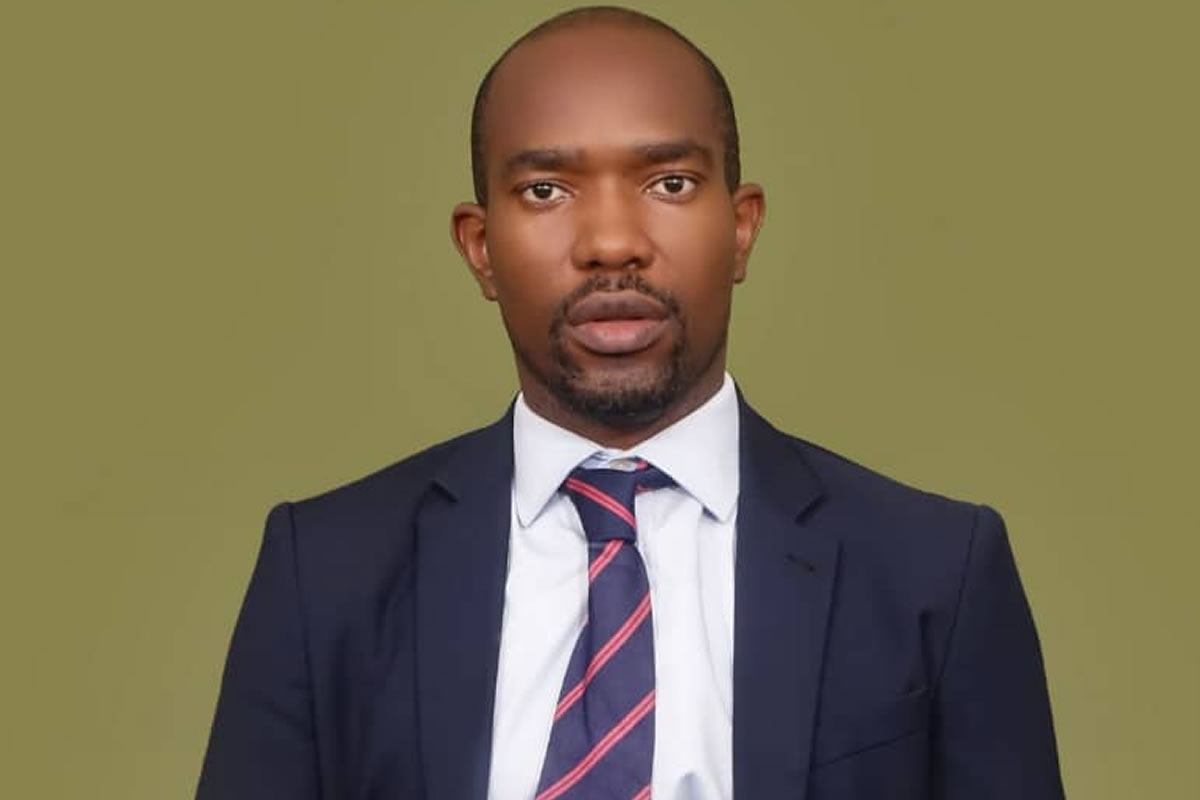Mr. Babatope Davies, an expert in Real Estate Finance, details how attracting the required capital can address the housing challenge and create a framework for sustainable growth and innovation in the continent’s property sector.
According to the International Finance Corporation, the housing deficit in Africa is estimated to be over 97million units and this is expected to increase given the population growth trends. This is a huge housing challenge in Africa that was alluded to by the World Bank as far back as 2015. At the core of navigating this challenge is residential real estate financing, which plays a pivotal role in shaping Africa’s economic development. Financial institutions provide the capital required to develop real estate, and in return, the sector creates jobs and generates significant revenue streams.
Financing real estate to address housing challenges is not difficult but capital will generally pursue opportunities that promise high returns. This explains the reason behind the increased investments in commercial real estate. However, the residential segment continues to struggle to attract the same level of capital thus creating a gap in the need for better financing structures that can expand the residential real estate market. The ability to structure facilities that enhance the supply of residential real estate while providing exciting return on investment is urgently required to bridge the real estate challenge gap. According to Davies “I have had the privilege of leading a team to secure a $14 million facility for a residential real estate company in Nigeria, and the experience has re-iterated my very point that tailoring financing structures to align with three needs -developers’ needs, financier’s need for exciting returns and buyer’s pocket, could bridge the gap between limited housing supply and soaring demand. Such transactions set a benchmark for how banks can collaborate with the private sector to deliver impactful outcomes”
The need for financing solutions in real estate generally is indeed enormous and the ability to align the interests of developers, banks, and other stakeholders would be instrumental in addressing these challenges. A lot of expertise is required in structuring complex real estate transactions and the asset class can assure more revenues for the banks especially as repayment for real estate facilities often have long tenors. Davies explains that a key issue is also the high interest rate challenge and governments could consider subsidizing interest rate for residential mortgages that pass through the banks as opposed to limiting the availability of single digit interest rate mortgages to participants that pass through the government residential scheme solely. This approach also positions banks as key enablers of urbanization and infrastructure development.
Davies further expressed that real estate financing provides banks with long-term, stable revenue streams through mortgage loans, construction financing, and project financing. Banks need to focus of risk mitigation strategies to ensure that financing decisions are sustainable and balance profitability with developmental objectives. The effects of real estate financing extend beyond the banking sector to the continent’s economy as a whole. Creating real estate financing models could help attract foreign direct investment (FDI) into the real estate sector, as international investors are more likely to partner with local developers supported by reliable banking systems. This injection of capital not only enhances liquidity in the sector but also spurs the development of modern, world-class real estate projects.
ALSO READ: My life would have been ‘very nasty’ if I lost 2024 US election — Trump
Focusing on residential real estate, he addresses a critical societal need for affordable housing, ensuring that middle- and lower-income families have access to quality housing options. This is besides other positive impacts such as job creation in construction, property management, and related industries, which in turn contribute to the continent’s socioeconomic development.
As a leading expert in the real estate financing space, Davies underscores the importance of leveraging financial expertise to tackle Africa’s housing and infrastructure challenges. As the country continues to urbanize and expand, the challenge would not resolve itself. The problem is in aligning the interests of the stakeholders when structuring real estate financing. Experts must structure real estate finance in a manner that bridges that gap. The time has come to pave a way for a future where finance and development can be integrated to drive sustainable progress.






